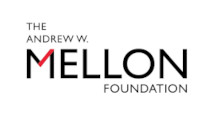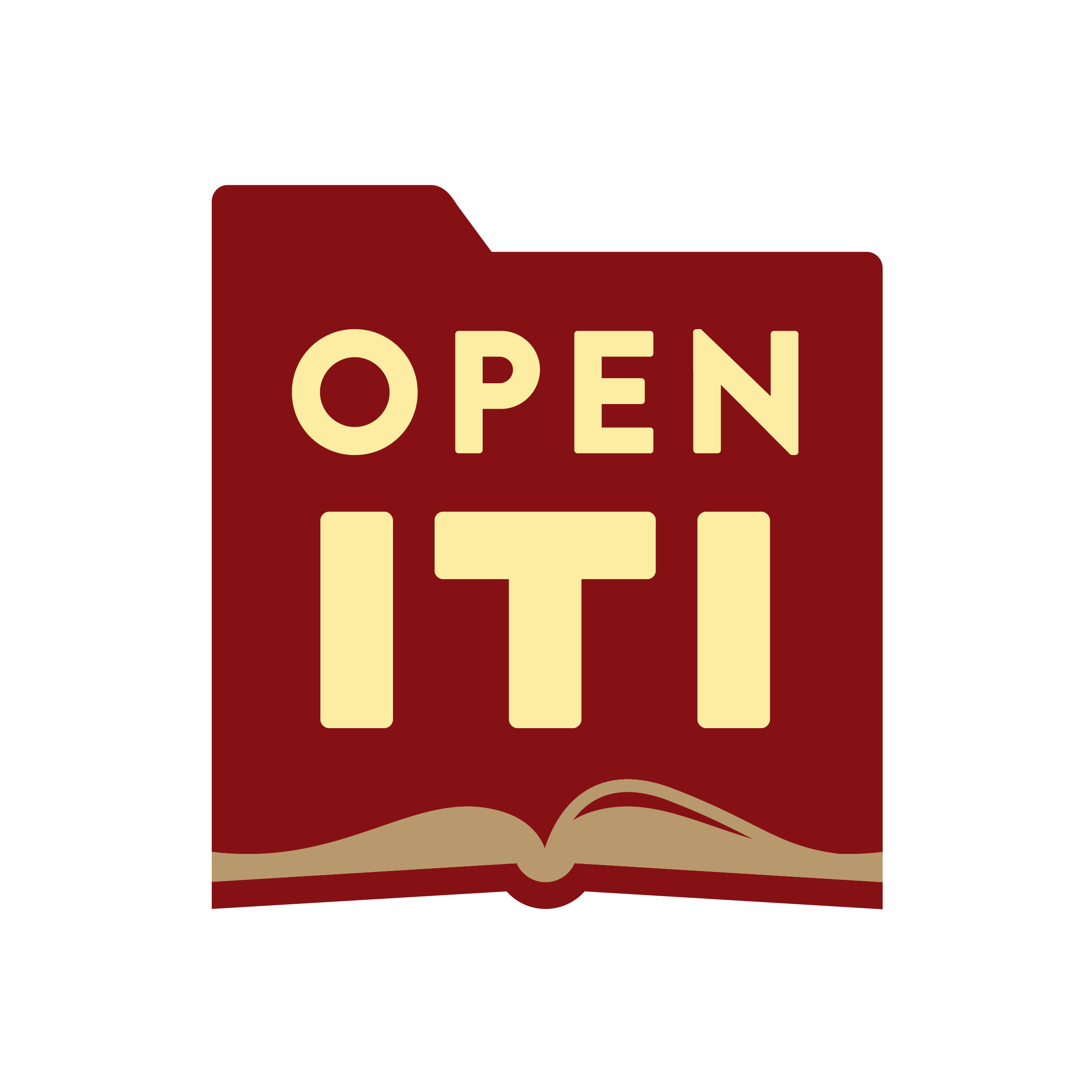Something one often hears in the context of introductions to or apologetics for digital humanities is the idea that all scholars today are in some degree or another “digital humanists.” And while it sounds at this point a bit cliché, it is in fact true: just about everyone who works in the humanities today uses some combination of digital tools and methods at some point. We all employ to greater and lesser extent search engines, digitized and electronic catalogs, digitized manuscripts, searchable texts, electronic word processers, email, social media, and so on. Like it or not, much of the work of humanities scholarship (and pedagogy and bureaucratic paperwork and all the rest that comes along with academic life) involves at some stage the use of a computer and digital infrastructure and methods. As a result we all have our own set workflows and habits, our ways of navigating the digital world, even if they arose without much planning or reflection on our part. Indeed for the most part I suspect that the average scholar does not really even think about the existence of digital workflows and processes, on the how of digital work and workspaces. Perhaps we have our preferred word processor, or have devised systems for managing large amounts of data, or have even integrated more advanced digital tools and methods into our skill sets and work patterns.
 This is not alas an early modern Ottoman visualization of a workflow, digital or otherwise, but it would be pretty cool to use this style and layout to make a workflow chart of digital Islamicate humanities work…
This is not alas an early modern Ottoman visualization of a workflow, digital or otherwise, but it would be pretty cool to use this style and layout to make a workflow chart of digital Islamicate humanities work…
Regardless of how much or how little you may make use of digital workflows in your everyday scholarly work, it is important, arguably even vital, to think about those workflows and what you are actually doing and how you do it, and how digital tools, platforms, methods, and the like might be shaping your work and how you might yourself better shape or modify them to suit your larger goals and intentions. And we at OpenITI want to help you, wherever you are on the spectrum of de facto digital humanist, make better use of the digital world, to understand your own workflows and digital environments better, and to become aware of other tools and possibilities and their benefits and drawbacks, whether or not you decide to use them. Towards that end we are starting a “listening campaign” to get a better feel for where our colleagues are these days; among our goals will be a journal article describing the results of this campaign, but most important is our desire to better understand how our own work and efforts can meet the needs of students and scholars from across the Islamicate humanities, from those who are still mostly analog to those who work effortlessly from the command line.
So, wherever you might be in the world of digital possibilities, we’d like to hear from you about your experience and personal history in the digital world. Here's the “workflow” we’re envisioning: if you are interested in participating, we can do a couple of different things. We’d love to have face-to-face (mostly likely virtually given the global distribution of our field!) interviews with folks, but we’re also perfectly fine with written communication. Here are some of the sorts of questions we’d like to ask (and we’ll be refining these questions for circulation to interested participants a bit later on):
What kinds of digital tools do you use? Search engines, catalogs, online textual repositories? Do you work at the command line? What kind of word processor or note-taking applications do you use? How much of your daily reading is via electronic books, PDFs, digitized manuscripts? How do you manage your time online during the working day? Do you have a social media presence that is some way connected to your scholarly work? I’ll also encourage contributors to add a paragraph or two reflecting on how their digital scholarly habits have changed over time, and to what degree digital environments have shaped their other scholarly habits, for good or ill or in basically neutral fashion (for an idea of what I’m talking about, see for instance an essay that I recently published on my personal website). I suspect that many of us have a habit of downloading far more journal articles than we can actually read, and may even find ourselves mired in indecision or our attention divided by moving back and forth among competing digital media while ostensibly reading one text. How do you deal (or not!) with information/knowledge management at the scales afforded by digital technology?
We’ll incorporate your answers—with your permission of course—into the eventual article, and will provide the option for anonymous submission (if say you’d like to confess how many hours you spend on the platform formerly known as Twitter), though I would encourage contributors to attach their names to their submissions, whether you regard your digital workflows and habits as cutting-edge or thoroughly quotidian. Seeing how we all operate, including the challenges and shortcomings we encounter, the things we’d like to fix, and the resources we wish we had, are all important for the health and flourishing of our various related fields of study and communities of learning and interaction.
If you’d like to participate, please send me (jallen22@umd.edu) or Taimoor Shahid (tshahid@umd.edu) an email and we’ll get back with you to do either a Zoom interview or a written questionnaire (or both if you prefer!).


